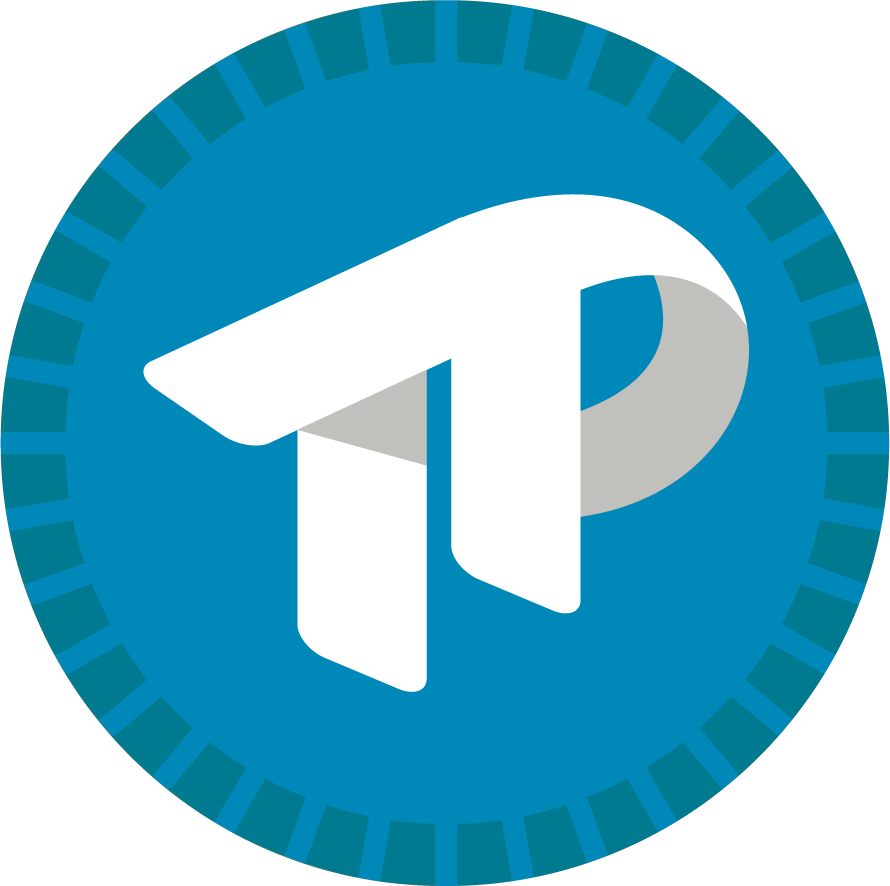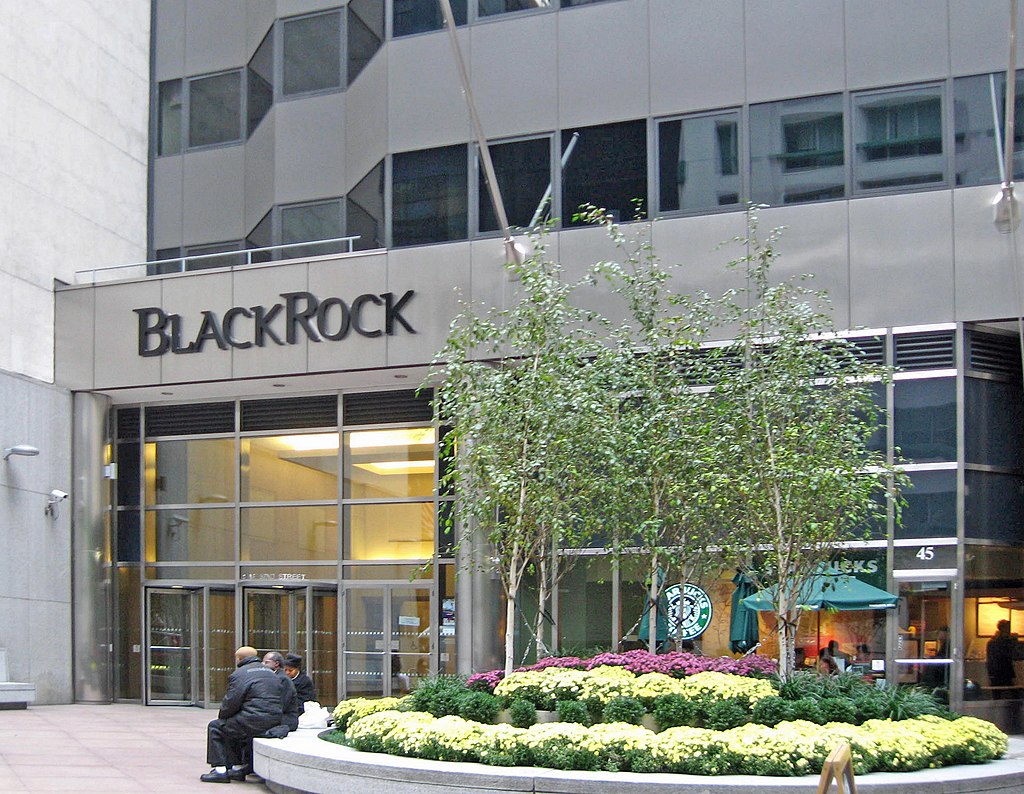Digital asset treasuries (DATs) were once among the most prominent corporate strategies of the last bull cycle, thriving on the idea that simply holding bitcoin on the balance sheet could generate value. Many companies enjoyed strong market premiums by accumulating BTC faster than rivals. However, as valuations normalize and net asset values narrow, the landscape is shifting. Passive bitcoin exposure is no longer enough to satisfy investors or sustain growth.
According to Matt Luongo, CEO of Bitcoin finance platform Mezo, DATs increasingly recognize that buying and holding bitcoin does not give them a competitive edge. Investors can acquire BTC on their own, so companies now need new ways to generate yield and deploy more sophisticated strategies. At the same time, many DATs face a narrative challenge: while yield opportunities exist on chains like Ethereum or Solana, leveraging them contradicts their message of being "Bitcoin-native."
Institutions are similarly evolving in their expectations. Nathan McCauley, CEO of Anchorage Digital, notes that businesses no longer seek merely price exposure—they want their bitcoin to become productive. Through Anchorage’s Porto wallet, clients can lock up BTC for rewards, borrow against their holdings, and access compliant infrastructure that allows them to engage directly with the expanding Bitcoin economy.
The rapid rise of BTCFi—growing from about $200 million in total value locked last year to nearly $9 billion—demonstrates this momentum. Early adopters include hedge funds, multi-strategy firms, asset managers, DATs, and crypto-native funds wanting access without building internal systems. These groups consistently seek clear risk frameworks, predictable returns, and institutional-grade custody.
Industry leaders believe the next 12–24 months could bring a major acceleration in BTCFi participation as regulatory clarity, integrated custodial solutions, and familiar workflows reduce complexity. Many institutions are already moving behind the scenes, driven not by bitcoin’s price but by competitive pressure.
Anchorage Digital and Mezo’s new partnership reflects this shift. Through Porto, institutions can now borrow against BTC using Mezo’s MUSD stablecoin at fixed rates starting at 1%, with additional veBTC rewards on the way—signaling a new era in how institutions put bitcoin to work.


























Comment 0